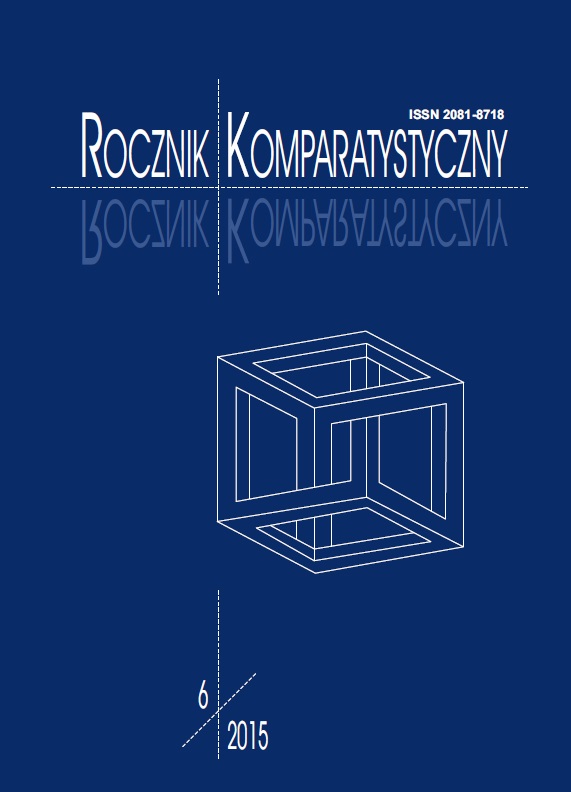What Do We Do When the Other Speaks Her Own Language: Returning to the Ethics of Comparativism
What Do We Do When the Other Speaks Her Own Language: Returning to the Ethics of Comparativism
Author(s): Dorothy FigueiraSubject(s): Language and Literature Studies, Theoretical Linguistics, Studies of Literature, Comparative Linguistics, Philology, Theory of Literature
Published by: Wydawnictwo Naukowe Uniwersytetu Szczecińskiego
Keywords: comparative literature; hermeneutics; alterity studies; the Other; ethics of literary engagement; Hans-Georg Gadamer; Paul Ricoeur; Emmanuel Levinas
Summary/Abstract: This article examines the ethical dimensions of the Other, as it is configured in the discipline of Comparative Literature, particularly as it is practiced in the US in the recent proliferation of critical schools that claim to engage alterity in a respectful and inclusive fashion. It begins with a summary of the philosophical employments of the Other dating from the Greeks through Existentialism. It then investigates the role of the Other in the hermeneutics of Hans-Georg Gadamer and Paul Ricoeur and the historiography of Michel de Certeau. Examining how these conceptions of alterity have impacted upon literary studies, attention is then turned to the work of Emmanuel Levinas. How can the thoughts of these various thinkers contribute to and/or reanimate current theoretical approachs to “reading” the Other that appear to have become the goal of literary studies today?
Journal: Rocznik Komparatystyczny
- Issue Year: 2015
- Issue No: 6
- Page Range: 9-23
- Page Count: 15
- Language: English

